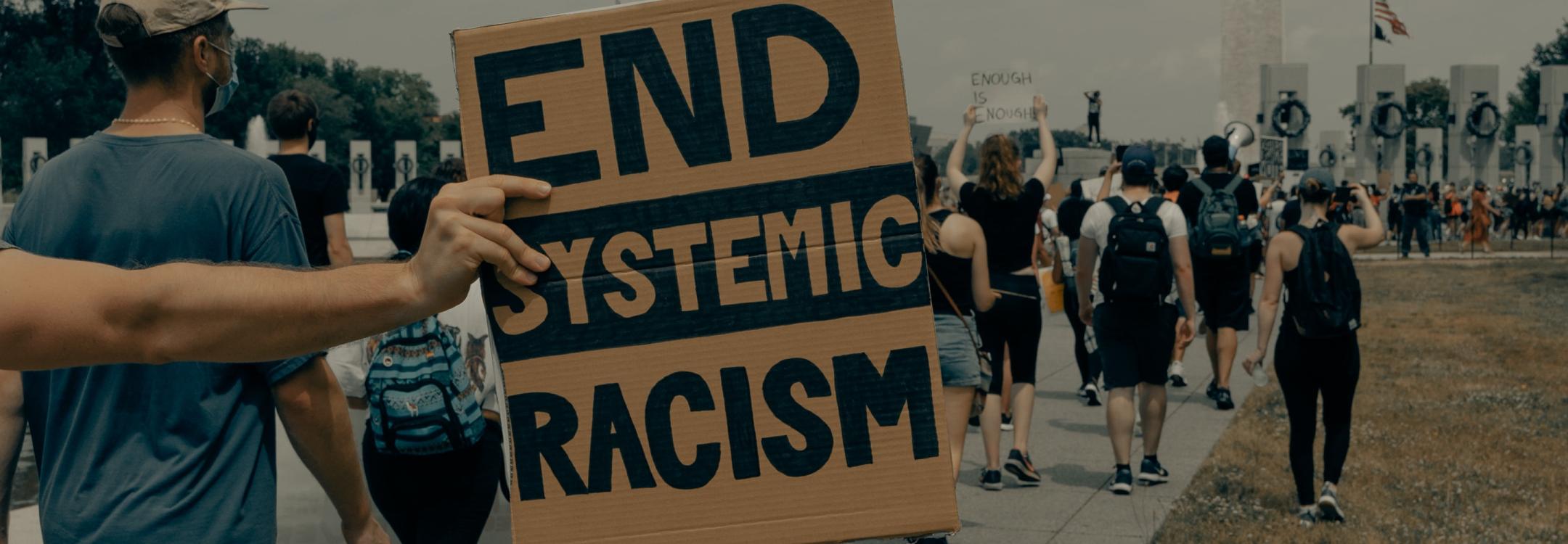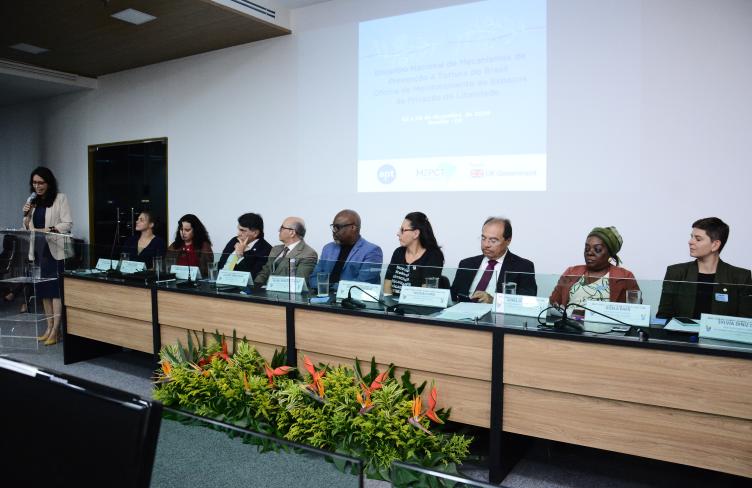
Last June, the United Nations Human Rights Council adopted resolution 43/1, on the “Promotion and protection of the human rights and fundamental freedoms of Africans and of people of African descent against excessive use of force and other human rights violations by law enforcement officers”.
The resolution was adopted in the context of global outrage around the torture and murder of George Floyd by a police officer in Minneapolis (USA). It mandates the Office of the UN High Commissioner for Human Rights (OHCHR) to produce a report on systemic racism in law enforcement and the criminal justice system.
Responding to a call for inputs for this report, the APT presented a submission that explores the nexus between torture and systemic racism. Our submission makes the point that the ‘preventive approach’ provides a useful framework for identifying possible solutions to transform law enforcement institutions.
Systemic solutions to a systemic problem
In situations where agents of the State use torture and/or display racist behaviour, the same narratives – for example; ‘a few bad apples’ – are often used to minimise their systemic nature, to negate the need for bold transformation, and to refuse collective responsibility. Not only does this flawed and unfounded argument erase the lived experiences of those who directly suffer from these systemic realities, it also prevents the elaboration of any meaningful solution.
This is why, in our submission, we propose a comprehensive transformation of law enforcement and criminal justice institutions in order to meaningfully and durably dismantle systemic racism. This is not just wishful thinking. Our proposal is grounded in research and practice. We examine hiring policies, institutional culture, accountability and oversight to present measures that –taken together– can address systemic racism.
Addressing root causes
At the APT, our focus is on identifying and mitigating the risks of torture and other ill-treatment. In keeping with this approach, we identify the need to eradicate systemic racism in law enforcement and the criminal justice system.
Racism is one of the root causes of torture and other ill-treatment. Racism seeks to dehumanise certain people. It constructs an alternate reality in which some are considered unworthy of the most basic human rights. This opens the door to the most egregious violations of rights and dignity. Within law enforcement institutions, racism – and particularly systemic racism – places certain individuals in situations of heightened risk of torture and other ill-treatment.
We also know that people, especially those from marginalised groups, are most at risk of torture and other ill-treatment in the first moments of police custody. This is the time when the power imbalance is at its greatest.
However, the effective implementation of certain legal and procedural safeguards can – and do – reduce this power imbalance and mitigate the risks of torture and other ill-treatment. This is why we dedicate much of our work to promoting effective implementation of safeguards such as: receiving information on one’s rights, receiving legal and medical assistance, and being able to notify a family member of one’s detention.
By addressing systemic and institutional racism seriously, and by effectively implementing safeguards in police custody, States can mitigate some of the risks of torture and other ill-treatment. By doing so, they fulfil their international obligations to prevent torture and other-ill treatment.
Our contribution to OHCHR’s important work on systemic racism in law enforcement and the criminal justice system fits into APT’s longer-term effort. As part of our 2020-2023 Strategic plan, we will continue to explore the nexus between preventing torture and tackling systemic racism.


